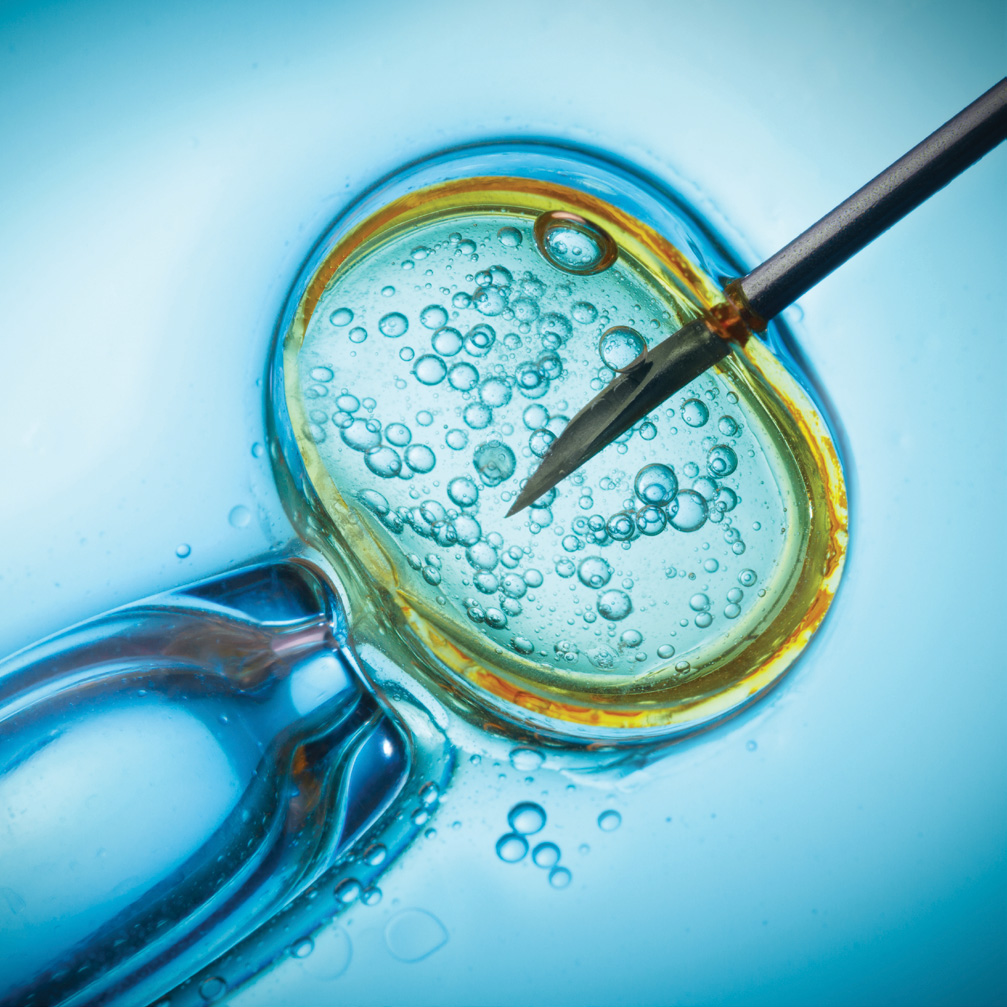
Fertility is often a secondary concern for those undergoing cancer treatments, even when the person is young. However, due thought should be given as fertility can be severely affected inadvertently by the various treatments. Chemotherapy, cancer drugs and radiation, and certain surgeries can have a deleterious effect on one’s fertility. The drugs used can disrupt hormone production and cause DNA damage to sperms and eggs, resulting in infertility and increased risk of birth defects and miscarriages. The duration of treatment also impacts the fertility of women more than men as a woman’s egg reserve is finite.
Both men and women are typically advised to avoid unprotected sex during cancer treatment. After treatment, patients are usually advised to wait between six months and two years before trying to have a child by natural means or resuming unprotected sexual intercourse. It is important to bring these issues up to your doctor early during treatment so steps can be taken to preserve your fertility and improve the chances of a safe and healthy conception later.
Here are some approaches you may consider to improve your chances of conceiving after winning the battle with cancer.

Fertility preservation options for men
- For cancers occurring in the pelvic region, radiation treatment to that part of the body is usually unavoidable. The treatment can permanently destroy sperm stem cells in the testicles and result in infertility. Fertility may sometimes be preserved by covering the testicles with a lead shield.
- If there is concern that cancer or other serious illnesses can lead to sperm damage, patients may consider sperm banking. This allows healthy sperms to be safely obtained and stored. When needed, the sperms can be thawed and used for in vitro fertilisation (IVF). Sperm banking is a helpful way to avoid the long waiting period after cancer treatment and can raise the odds of successful conception.
Fertility preservation options for women
- Women may consider freezing their eggs before cancer treatment begins. This established method of preserving fertility in women offers a safety net if a couple wishes to have children later. Egg freezing is also helpful because women who have had chemotherapy or radiation to the pelvis are at risk of sudden early menopause.
- Women who have fast-growing cancers and who cannot delay cancer treatment may opt for temporary menopause. This approach uses hormone therapy to shut down the ovaries during cancer treatment. This method aims to protect the ovaries and eggs from the damaging effects of chemotherapy drugs; however, the degree of damage is unpredictable.
- For those who had childhood leukemia, their ovaries are likely to have reduced reserve, so it would be a good idea to store eggs as soon as possible once she reaches adulthood to ensure a better chance at having a successful pregnancy later.
Considering success rates and risks
As with most things associated with fertility, younger is better when it comes to storing eggs and sperms. Egg freezing is best carried out before a woman hits 35. In men, sperm banking is the most well-established method of fertility preservation, and can be carried out in those as young as 12 or 13.
There is some risk that hyperstimulation may happen during egg freezing, but newer methods have reduced the occurrence. There is also a risk of storing abnormal eggs. Sperm freezing is more straightforward as each ejaculate can be stored in multiple straws and can be used in more than a single cycle of IVF.
Ultimately, egg or sperm freezing — while not an absolute guarantee — can offer a safety net that increases the chance of parenthood in later years after the battle against disease is won.






